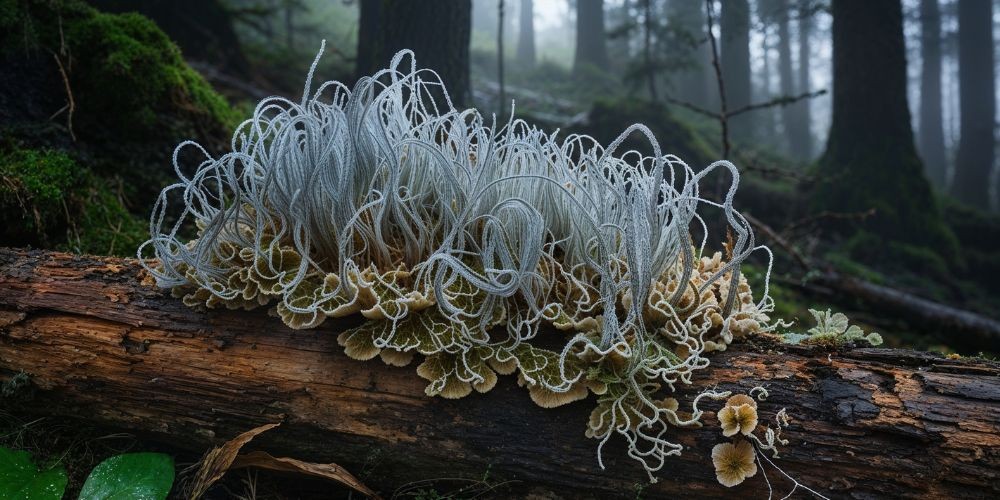A Chilling Discovery: The Real-Life Fungus That Mirrors The Last of Us Scenario
- Oct 07, 2024
- 0

A fascinating discovery in a Scottish rainforest has brought to light an unusual fungus reminiscent of the Cordyceps that inspired the narrative of a well-known video game. This unique finding provides an opportunity to explore the complexities of nature without any immediate cause for alarm.
The Cordyceps brain infection in the game has catastrophic effects, converting humans into horrifying, zombie-like beings. This concept is echoed in the HBO series adaptation, which opens with a chilling flashback to 1968 featuring a scientist's warning about the potential risks associated with fungi. In the narrative, a character highlights how a certain fungus invades insects, infiltrating their circulatory systems to reach the brain and flooding it with hallucinogenic substances. The plot around The Last of Us raises the question of what might occur if such fungi, currently only known to affect insects, evolved to target humans, leading to known dire consequences.
Recent reports indicate that the Gibellula fungus has been identified in Scotland. This particular fungus infects spiders via spores and develops internally, eventually consuming the host. Much like the parasitic fungal infections depicted in the game, this real-world organism can manipulate spiders into engaging in behaviors akin to those of zombies, compelling them to adhere to the undersides of leaves, where spores can disperse more effectively.
Although the Gibellula fungus has been previously documented in Scotland, sightings are exceedingly rare. Reports mention that it has only been discovered ten times in the last seven decades within the country. Naturalist Ben Mitchell, from the West Cowal Habitat Restoration Project, made this intriguing find. He noted the behavior of the fungus, which seems to direct spiders towards the leaf undersides, possibly as a strategy to safeguard spores from the elements while facilitating their spread to other potential hosts.
While the themes from The Last of Us have sparked interest and prompted examination of the real-life Cordyceps fungus, which has long been a subject of scientific inquiry and is used in various dietary supplements, it’s crucial to understand that none of these spore-producing fungi have exhibited any capability to control human behavior. As of now, there remains no cause for concern about such a scenario unfolding in reality.